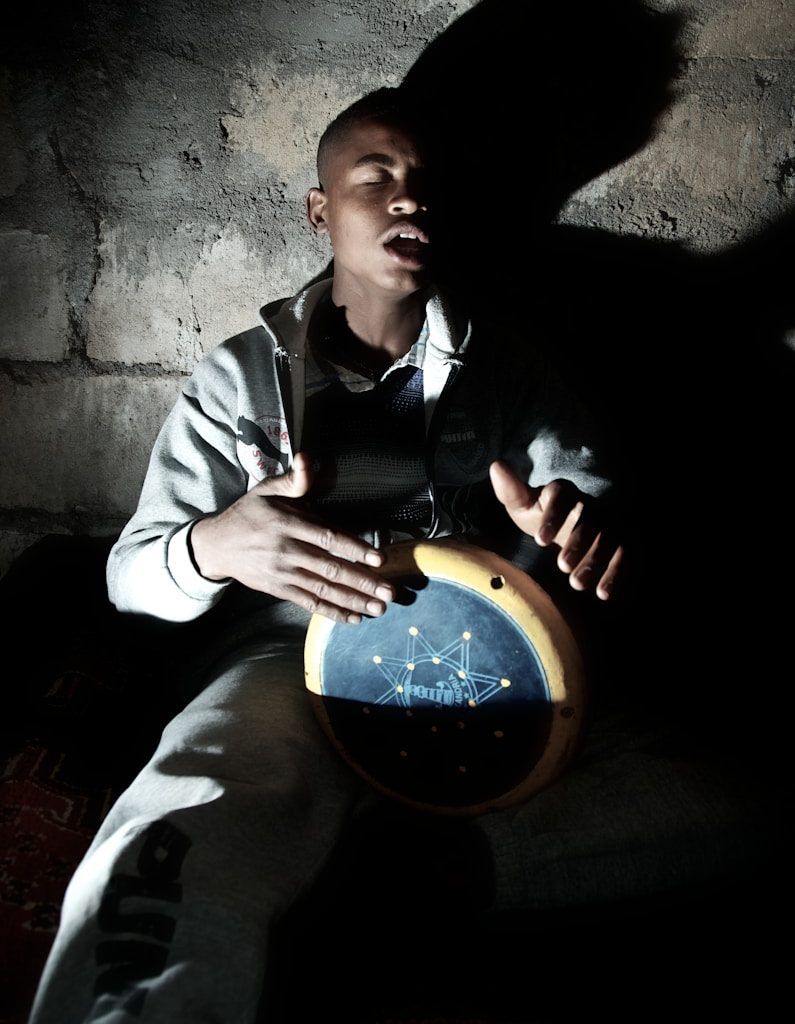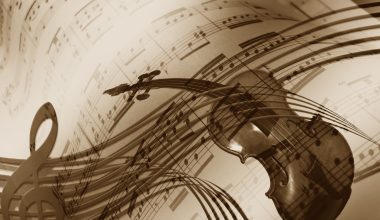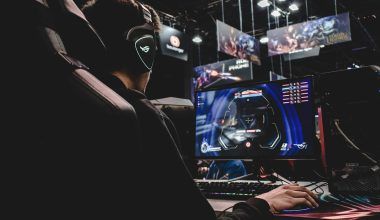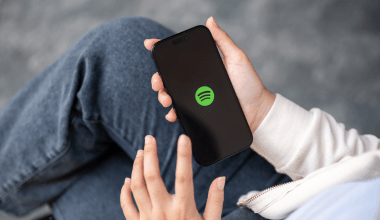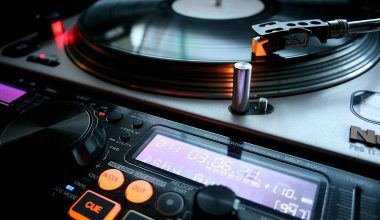Learning to play the piano is a magical experience. It’s like stepping into a world where you create your own melodies and express your feelings through music. If you’re just starting out, finding the best piano for beginners can feel overwhelming with so many options available. But don’t worry! This guide is here to help you choose the right piano that fits your needs, budget, and learning goals.
Let’s dive into this exciting journey together and find out everything you need to know about getting started with the perfect piano!
Why Choosing the Right Piano Matters
Your first piano is like a partner in your musical journey. It’s important to pick the right one because:
- It keeps you motivated to practice.
- It helps you learn faster by providing the right features.
- It makes playing enjoyable, encouraging you to stick with it.
Think of the best piano for beginners as your stepping stone to becoming the musician you dream of being!
What Makes a Piano “Best” for Beginners?
Let’s break it down. A beginner-friendly piano has:
- Weighted Keys:
This means the keys feel like a traditional acoustic piano, helping you build finger strength and control. - Touch Sensitivity:
The harder you press, the louder it sounds, just like a real piano. This helps you play with more emotion. - Compact Size:
Beginner pianos are often lightweight and easy to move, making them perfect for homes or small spaces. - Learning Features:
Many beginner pianos have built-in lessons, light-up keys, or apps to make learning fun and easy.
Acoustic vs. Digital: Which is Better for Beginners?
Acoustic Pianos
Acoustic pianos produce rich, authentic sound using hammers and strings. They are perfect for those who want a traditional experience. However, they can be expensive and require regular tuning.
Digital Pianos
Digital pianos are modern, affordable, and perfect for beginners. They don’t need tuning and often come with features like volume control, headphone jacks, and learning tools.
Keyboards
Keyboards are the most affordable and portable option. They are great for children or casual learners who want to explore music without a big investment.
For most beginners, a digital piano or a keyboard is the best choice because it’s easier to use and more practical for learning at home.
Best Brands for Beginner Pianos 🎹
Let’s talk about the most trusted brands that make learning pianos easy and enjoyable:
- Yamaha
- Why It’s Great: Yamaha is known for its quality and durability.
- Best Model: Yamaha P-45. It’s affordable, has weighted keys, and sounds amazing.
- Casio
- Why It’s Great: Casio offers budget-friendly options without compromising on features.
- Best Model: Casio Privia PX-160, perfect for beginners with realistic keys.
- Roland
- Why It’s Great: Roland pianos are advanced but beginner-friendly.
- Best Model: Roland FP-10. Compact, powerful, and easy to use.
- Kawai
- Why It’s Great: Kawai combines traditional craftsmanship with digital innovation.
- Best Model: Kawai ES110, known for its rich sound.
- Alesis
- Why It’s Great: Affordable and designed for beginners.
- Best Model: Alesis Recital, a fantastic choice for entry-level learners.
How Much Should You Spend on a Beginner Piano?
The cost of a beginner piano can vary depending on its features. Here’s a simple breakdown:
- Under ₹20,000: Basic keyboards, ideal for kids or first-time players.
- ₹20,000 – ₹50,000: Digital pianos with weighted keys and better sound.
- ₹50,000 and above: High-quality digital pianos or entry-level acoustic models for serious learners.
Invest in a piano that balances quality and affordability. Remember, the best piano for beginners is one you’ll love playing.
Setting Up Your Piano at Home
Once you have your piano, setting it up correctly will make your practice sessions comfortable and enjoyable. Here’s how:
- Find the Right Spot:
Choose a quiet and well-lit space where you feel relaxed. - Use a Proper Stand:
A sturdy stand keeps your piano stable and at the right height. - Adjust the Bench:
Sit so that your arms are at a 90-degree angle when you play. This helps avoid strain.
Helpful Accessories for Beginners
Adding some simple accessories can make your piano practice even better:
- Headphones: Practice quietly without disturbing others.
- Pedals: Add depth to your playing with sustain pedals.
- Music Stand: Keep your sheet music in place.
- Learning Apps: Apps like Simply Piano or Flowkey can guide you step-by-step.
Tips to Start Learning Piano
Here are some easy tips to help you get started:
- Practice Regularly:
Even 20 minutes a day can make a big difference. - Start with Simple Songs:
Play songs you know and love to keep things fun. - Learn the Basics First:
Focus on finger placement, scales, and simple chords. - Be Patient:
Don’t rush. Enjoy the process of learning.
Common Questions About Beginner Pianos
Q1: Should I buy a full-sized piano?
If you’re serious about learning, go for an 88-key piano. However, a 61-key keyboard is fine for casual learners or kids.
Q2: Can I learn piano online?
Yes! Many online courses and apps provide excellent tutorials for beginners.
Q3: What’s the difference between a keyboard and a digital piano?
Keyboards are lightweight and portable with fewer keys. Digital pianos mimic the sound and feel of acoustic pianos, making them ideal for beginners.
Related Articles:
For further reading, explore these related articles:
- The Ultimate Guide to Mastering Blues Guitar Riffs
- Master Acoustic Guitar Tutorials: Your Ultimate Beginner’s Guide
For additional resources on music marketing and distribution, visit DMT RECORDS PRIVATE LIMITED.
